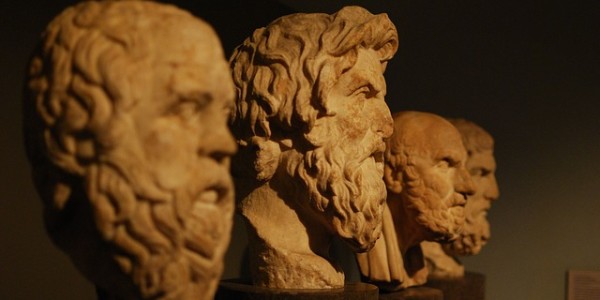Robots can do things better than humans. When it comes to heavy lifting, precise motion, and not breathing, machines will best humans every time. But robots aren’t universally better than humans. Humans can do things better than robots, too. There’s not a robot yet that can top humans at empathizing with others, contemplating the meaning of life, or distinguishing between a baby and a baby-shaped bag of flour.
Automation provides unique advantages over human workers, but there are also many areas in which robots cannot replace people. While it’s true that there is an increasing potential for more jobs to become automated, the fact that robots aren’t perfect is pretty good job security for us humans.
Robots have a clear advantage when it comes to physical labor and performing simple tasks. They don’t get tired. They don’t require an hourly wage. They can work faster and more accurately than humans, and unlike people they can work safely in hazardous conditions.
Compared to robots, people are delicate, weak, and expensive. When it comes to building, manufacturing, lifting, pushing, hauling, etc. automation is the clear winner.
Basically, whenever it comes to manual labor, or physical tasks, machines have the edge. Humans still have the edge over machines when it comes to the intangible, however.
We can learn things better than robots. Let’s say that you’ve never been taught how to make a grilled cheese sandwich before. In this event, someone tells you the ingredients, they show you the order to do things in, and maybe walk you through it, and you now have making a cheese sandwich skills in your arsenal. The process takes maybe 5 minutes. Most robots that haven’t been programmed to make a grilled cheese sandwich, however, will require a complete overhaul before being able to do such a simple new task.
There’s also that indefinable matter of common sense that humans have but robots lack. Hundreds of thousands of years of evolution have provided us with a pretty good ability to recognize and make sense of things. It allows us to recognize a baby and a baby-shaped bag of flour as two different things, and keeps us from trying to make a loaf of bread with said baby. This is one of the key things that robots are lacking.
According to theoretical physicist Michio Kaku, our most advanced robots have the collective intelligence and wisdom of a lobotomized mentally challenged cockroach. Until out robots are intelligent enough to process, rationalize, and create, there will still be a need for human workers.
